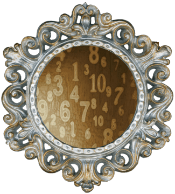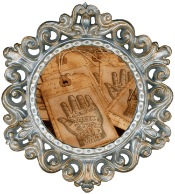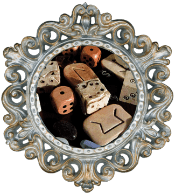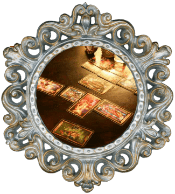Divination is the attempt to gain insight into a question or situation by way of an occultic, standardized process or ritual. Used in various forms throughout history, diviners ascertain their interpretations of how a querent should proceed by reading signs, events, or omens, or through alleged contact with a supernatural agency.
Divination can be seen as a systematic method with which to organize what appear to be disjointed, random facets of existence such that they provide insight into a problem at hand. If a distinction is to be made between divination and fortune-telling, divination has a more formal or ritualistic element and often contains a more social character, usually in a religious context, as seen in traditional African medicine. Fortune-telling, on the other hand, is a more everyday practise for personal purposes. Particular divination methods vary by culture and religion.
Divination is often dismissed by sceptics, including the scientific community, as being mere superstition. In the 2nd century, Lucian devoted a witty essay to the career of a charlatan, “Alexander the false prophet,” trained by “one of those who advertise enchantments, miraculous incantations, charms for your love-affairs, visitations for your enemies, disclosures of buried treasure, and successions to estates”, even though most Romans believed in prophetic dreams and charms. Divination is considered a sin in Islam, Judaism, as well as most Christian denominations; although some methods, especially dream interpretation, do appear in Scripture.











